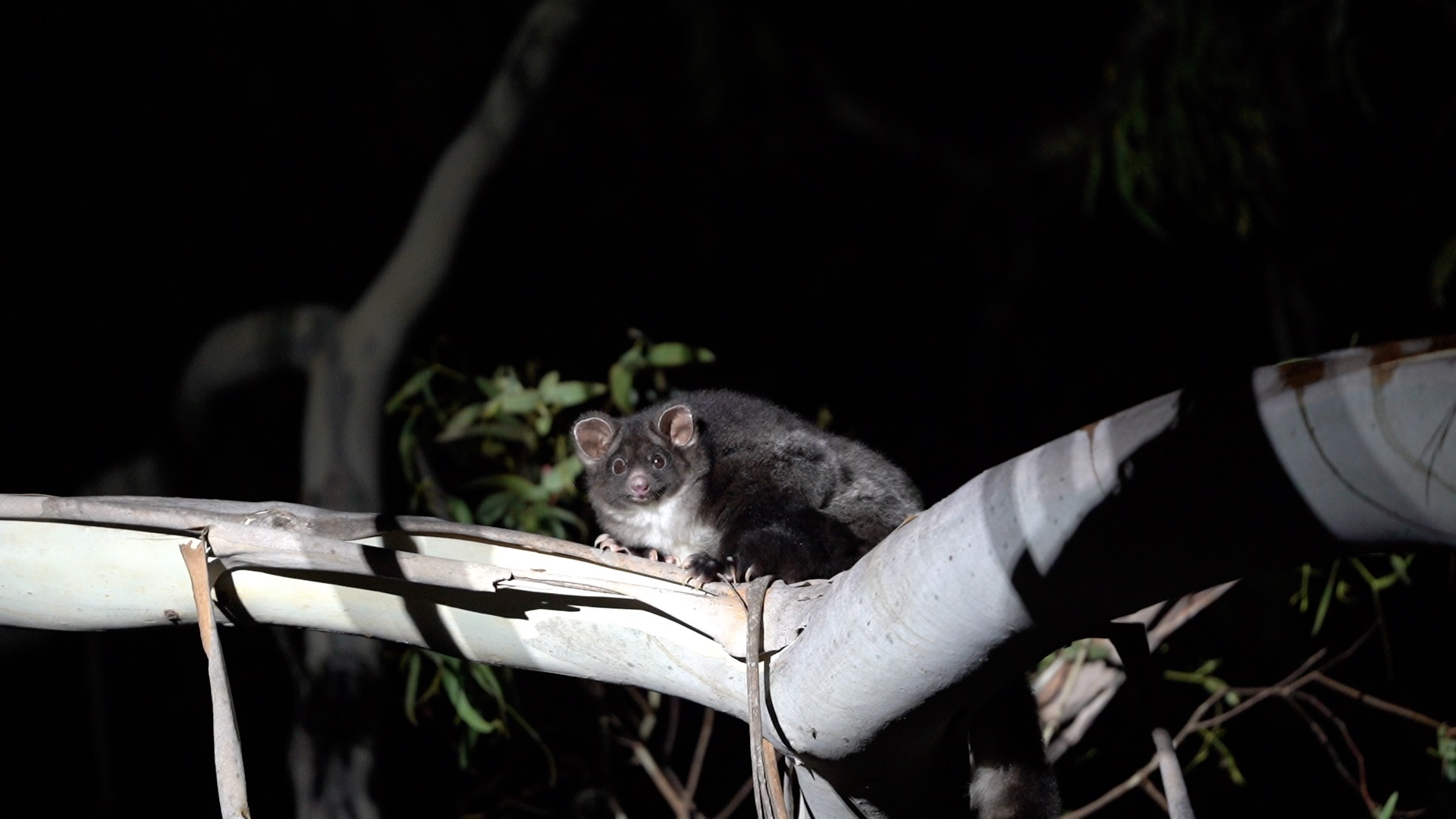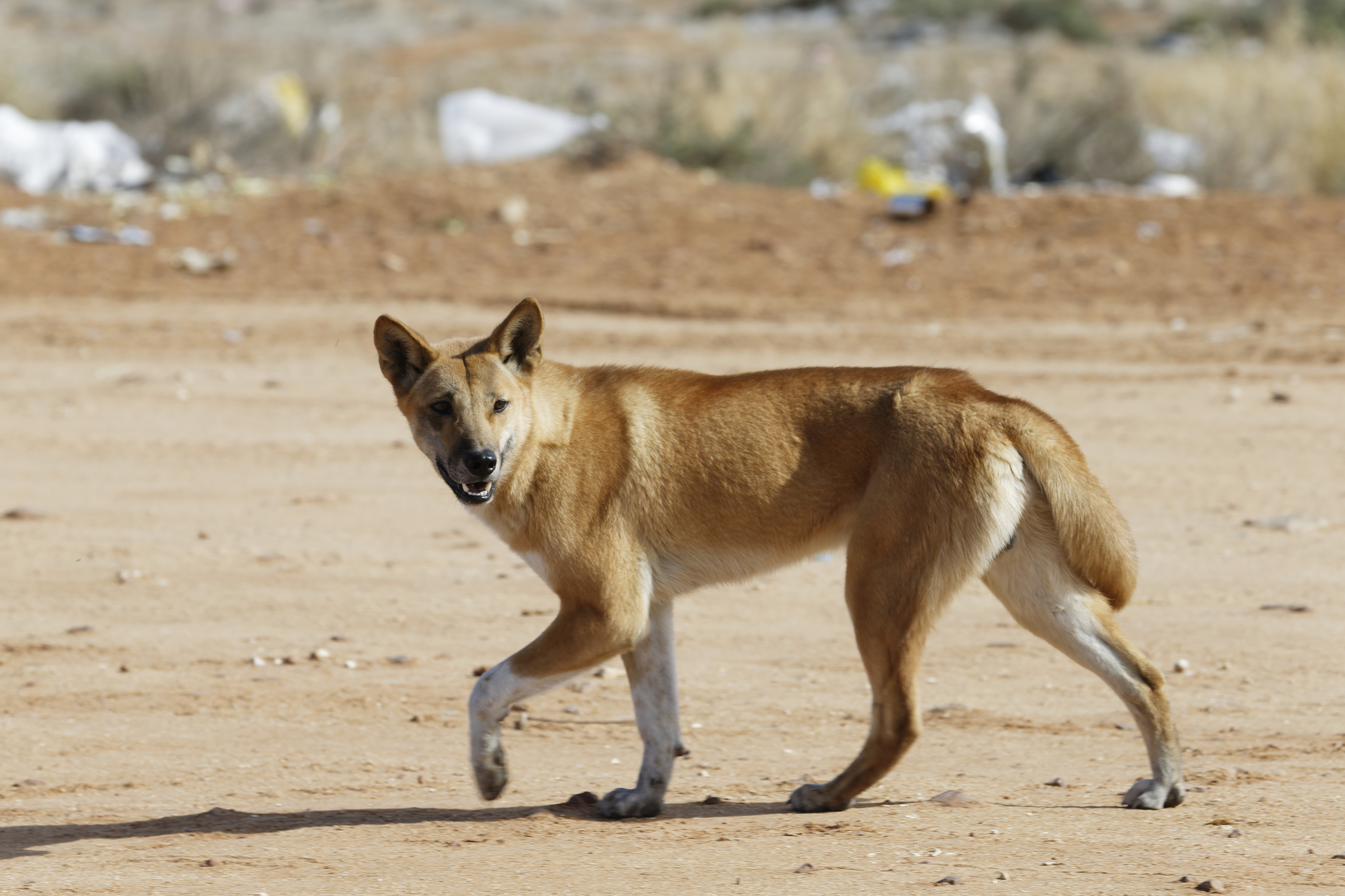Five hours south of Sydney, in the high country of south-east New South Wales, Glenbog State Forest sits quietly on the edge of the escarpment. At first glance, it looks like many other native forests. But Glenbog is not just any forest. It is one of the few remaining high-elevation “cloud forests” in southern NSW. These are places where geography...
Elephants in New York state will be spared the humiliation and misery of a life performing tricks as Governor Andrew Cuomo took a monumental step forward last week. After signing a bill to prohibit their use in circus shows and parades, Cuomo tweeted, “Elephants will no longer be subjected to this cruel abuse.” For someone of his standing to make such a powerful statement echoing what animal activists have argued for years marks a milestone achievement for animals, setting a precedent for others to follow. Further, this news comes just four months after New York City Council voted to ban the use of any wild animals in entertainment acts. These historic advances demonstrate that public outcries over animals in entertainment are not falling on deaf ears.
Elephants will no longer be subjected to this cruel and inhumane treatment.
This has no place in New York. pic.twitter.com/gI9Srqyp5g
— Andrew Cuomo (@NYGovCuomo) October 25, 2017
After decades of campaigning to end wild animal performances by Humane Society International and other animal protection groups, the progress in favour of animals is encouraging. Just last year Ringling Bros. officially announced defeat by ending their use of performing elephants, with their final curtain call in May this year after a staggering 146 years in business.
Here in Australia, similar public pressure is evident as more people recognise the cruelty that both circuses and travelling acts exploiting wild animals represents. The Australian Capital Territory passed laws that outlawed the keeping of exotic animals in circuses, namely bears, elephants, giraffes, primates and wild cats, back in 1992. Since then, over 40 municipal councils throughout Australia have prohibited the use of wild animals in circuses from operating in their jurisdictions. Thankfully there are no longer any elephants in any circuses in Australia, but lions, monkeys and camels are still routinely forced to perform with the major culprits being Lennon Bros and Stardust Circuses. Globally, the use of animals in circuses has been banned by more than 50 countries.
Circus animals are subjected to months on the road confined to small, barren cages, and unable to exhibit many natural or instinctive behaviours or social needs. Training methods are often cruel despite claims to the contrary.
Circuses target children, but from an educational perspective it is hardly setting a good example to the next generation that forcing wild animals to perform tricks is acceptable. The threat to human safety should also not be ignored given the mental torment and denied freedom that these wild animals are subjected to, day in day out, making their behaviour unpredictable.
Exotic animals like elephants and lions are not the only ones suffering in the name of entertainment. Can you believe a travelling circus known as the Russian Travelling Dolphinarium transports beluga whales from city to city to perform in shows alongside dolphins and seals? Russian advocacy group, Save Dolphins, says the transport process involves belugas being moved in coffin-like containers where they could be confined for up to eight days, unable to swim and with no filtration system. During the shows the belugas were ordered to paint for the crowd by holding the brush in their mouth, or to carry a seal on their back around the tiny makeshift pool. Similarly, there are still three companies operating travelling dolphin circuses in Indonesia who own more than 70 dolphins between them. During the shows dolphins, otters, baby sun bears and cockatoos are forced to perform in shocking conditions, transported around the country each month.

Dolphins are another species suffering in the name of entertainment.
While these stories greatly sadden us, the backlash against animal entertainment is gaining momentum. Very exciting is the development of new technology and animal-free amusement experiences. An entirely animal-free aquarium hosted by National Geographic has opened its doors in New York’s Times Square, with profits benefiting ocean conservation efforts. Their Encounter: Ocean Odyssey exhibit uses striking visuals showing very realistic but animated marine mammals such as whales and dolphins displayed on huge screens, which both entertains and educates. Created by the same team behind the dragons on Game of Thrones, the animals display wild behaviours that their real counterparts rarely replicate in a captive environment, adding to the educational component of this breath-taking experience.
If you agree that the exploitation of animals in circuses and travelling shows should be made history, then use your voice for animals by spreading the word to friends and family, and choose only cruelty-free amusement activities. Find out if your local council allows the use of wild animals in circuses and be sure to contact them, letting them know about your objections. Indeed, we’re happy for the show to go on, but just keep wild animals off the stage and let’s welcome a future where these magnificent creatures can be fully appreciated in the wild, where they belong. You have the power to bring an end to this cruelty, so please ensure you never visit any of these cruel attractions where animals are made to perform in the name of entertainment.


